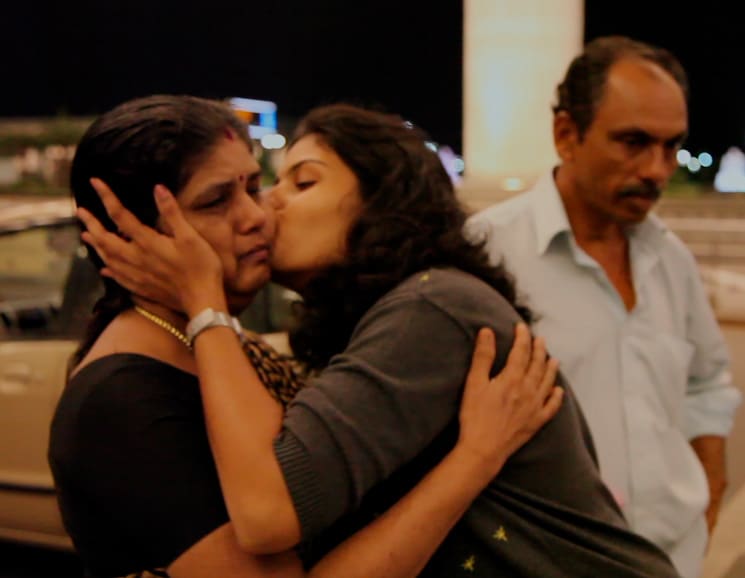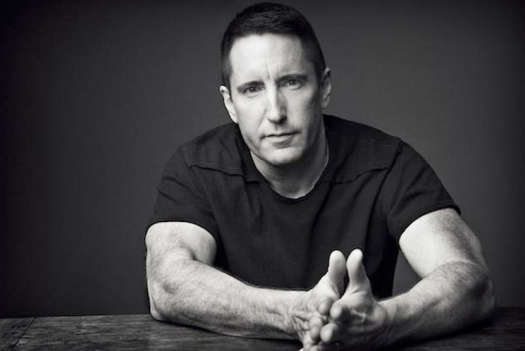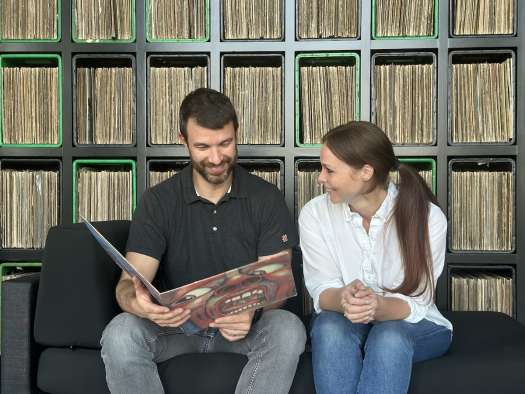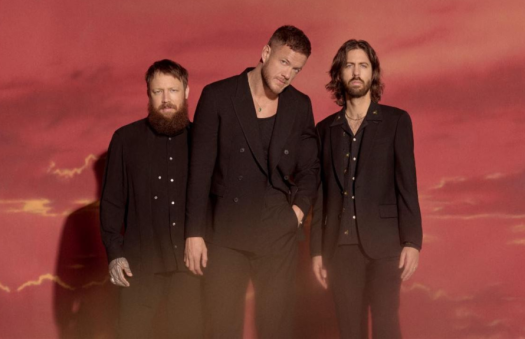Toronto filmmaker Richie Mehta's latest cinematic effort is the perfect feature to captivate our perpetually multitasking, scrolling feed-starved and abridged attention spans. A Google-powered initiative executive produced by Ridley Scott, the 86-minute, crowd-sourced film uses footage shot by a plethora of Indian netizens on October 10, 2015. The result is a hope-filled, kaleidoscopic panorama of daily life in modern-day India.
Surprisingly seamless in its editing, particularly given the sheer range of raw material, India in a Day takes us from sunrise to sunset on a single day, and includes gorgeous footage of village landscapes, moments of startling intimacy, hilarious spontaneous banter and insightful on-camera commentators. While we can distinguish the bustling urban tableaux from the serene countryside scenes, and those gleefully locked in tradition from others readily embracing these tech-savvy times, the exact geographic whereabouts of individual submissions are never defined. And for a film aiming to bring together India's wide-ranging worldviews into one humongous hodgepodge — instead of amplifying and exacerbating class, ethnic and regional divisions — that makes total sense.
Dozens of demographically diverse tour guides pull back the curtain to reveal their hopes, dreams and the stories that resonate with them most here. There's a 112-year-old man who recalls his encounter with Gandhi; a contemplative single mother smoking on a balcony during her daily five-minute breather; a roadside restaurant with the best roti in town, owned and operated by transgender Indians; a farmer who depends on his friend's weather app to decide whether to water his crops; and a heartrending birthday celebration between two artistically inclined brothers.
Mehta and his editor Beverley Mills deftly shift from the profound to the mundane here, peering into the heart and soul of a nation like no travel brochure ever could. They make the undertaking look easy, which is a great testament to their talent. Never shying away from tackling more overtly political issues (extreme poverty, marginalized women), Mehta and Mills weave these weightier moments into a timeline that also includes screaming children, sizzling street cuisine and outtakes of reckless driving, yet their inclusion never feels trivialized.
As we near nationwide bedtime, one woman concludes, "I don't know if it's the four whiskeys talking, but I'm happy." After being taken on such a vicarious emotional whirlwind with her and her fellow countrymen, it's hard not to feel the same.
Surprisingly seamless in its editing, particularly given the sheer range of raw material, India in a Day takes us from sunrise to sunset on a single day, and includes gorgeous footage of village landscapes, moments of startling intimacy, hilarious spontaneous banter and insightful on-camera commentators. While we can distinguish the bustling urban tableaux from the serene countryside scenes, and those gleefully locked in tradition from others readily embracing these tech-savvy times, the exact geographic whereabouts of individual submissions are never defined. And for a film aiming to bring together India's wide-ranging worldviews into one humongous hodgepodge — instead of amplifying and exacerbating class, ethnic and regional divisions — that makes total sense.
Dozens of demographically diverse tour guides pull back the curtain to reveal their hopes, dreams and the stories that resonate with them most here. There's a 112-year-old man who recalls his encounter with Gandhi; a contemplative single mother smoking on a balcony during her daily five-minute breather; a roadside restaurant with the best roti in town, owned and operated by transgender Indians; a farmer who depends on his friend's weather app to decide whether to water his crops; and a heartrending birthday celebration between two artistically inclined brothers.
Mehta and his editor Beverley Mills deftly shift from the profound to the mundane here, peering into the heart and soul of a nation like no travel brochure ever could. They make the undertaking look easy, which is a great testament to their talent. Never shying away from tackling more overtly political issues (extreme poverty, marginalized women), Mehta and Mills weave these weightier moments into a timeline that also includes screaming children, sizzling street cuisine and outtakes of reckless driving, yet their inclusion never feels trivialized.
As we near nationwide bedtime, one woman concludes, "I don't know if it's the four whiskeys talking, but I'm happy." After being taken on such a vicarious emotional whirlwind with her and her fellow countrymen, it's hard not to feel the same.




